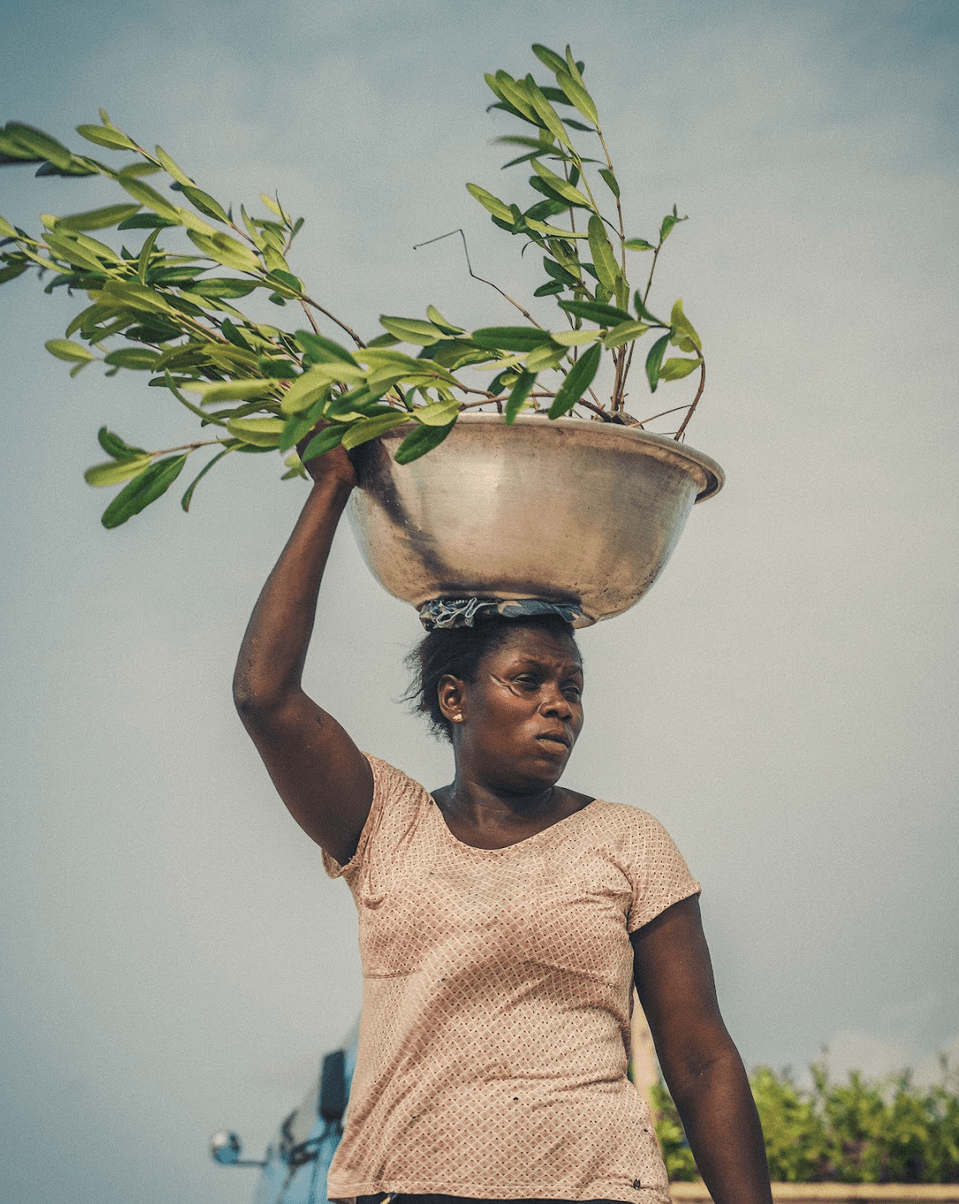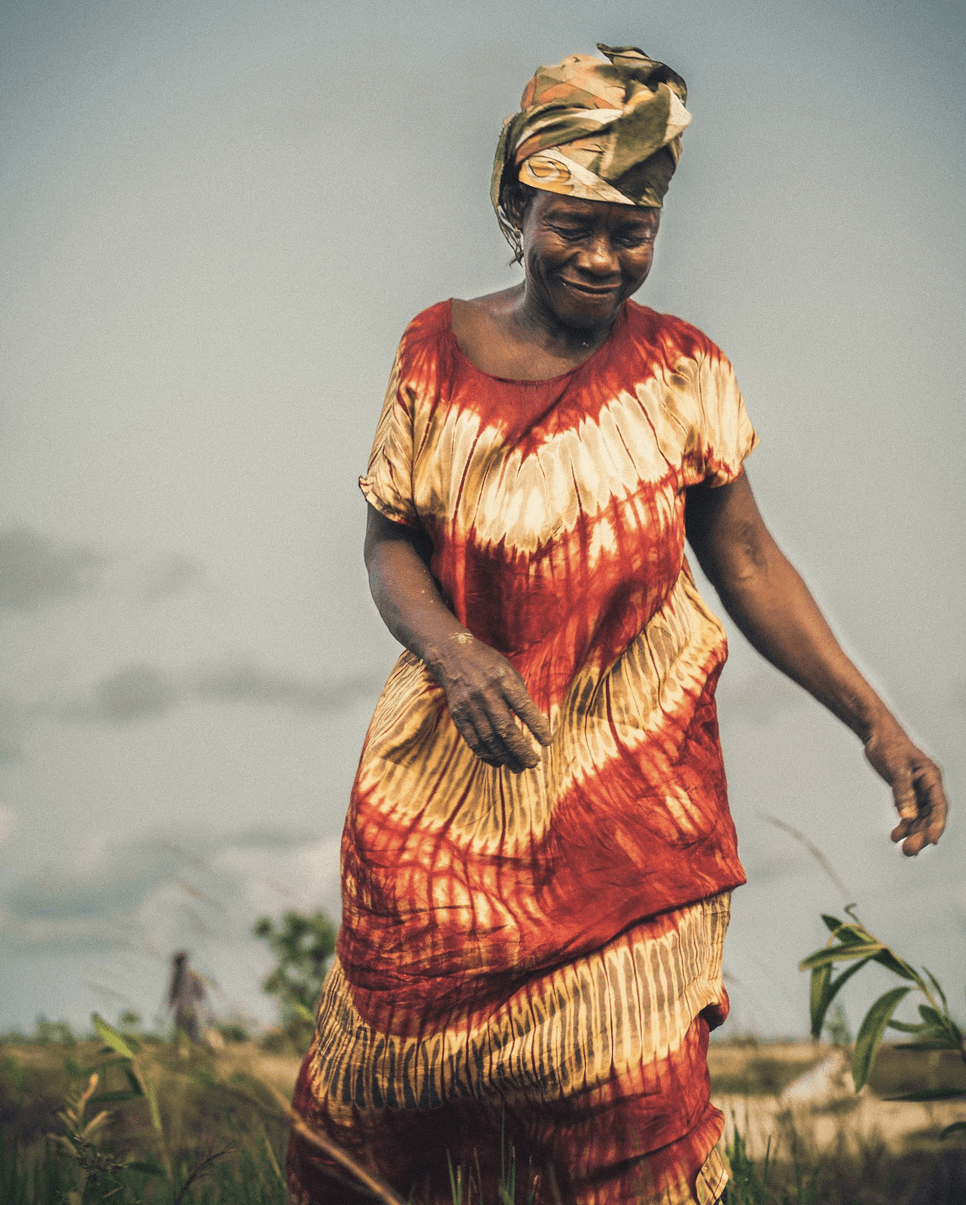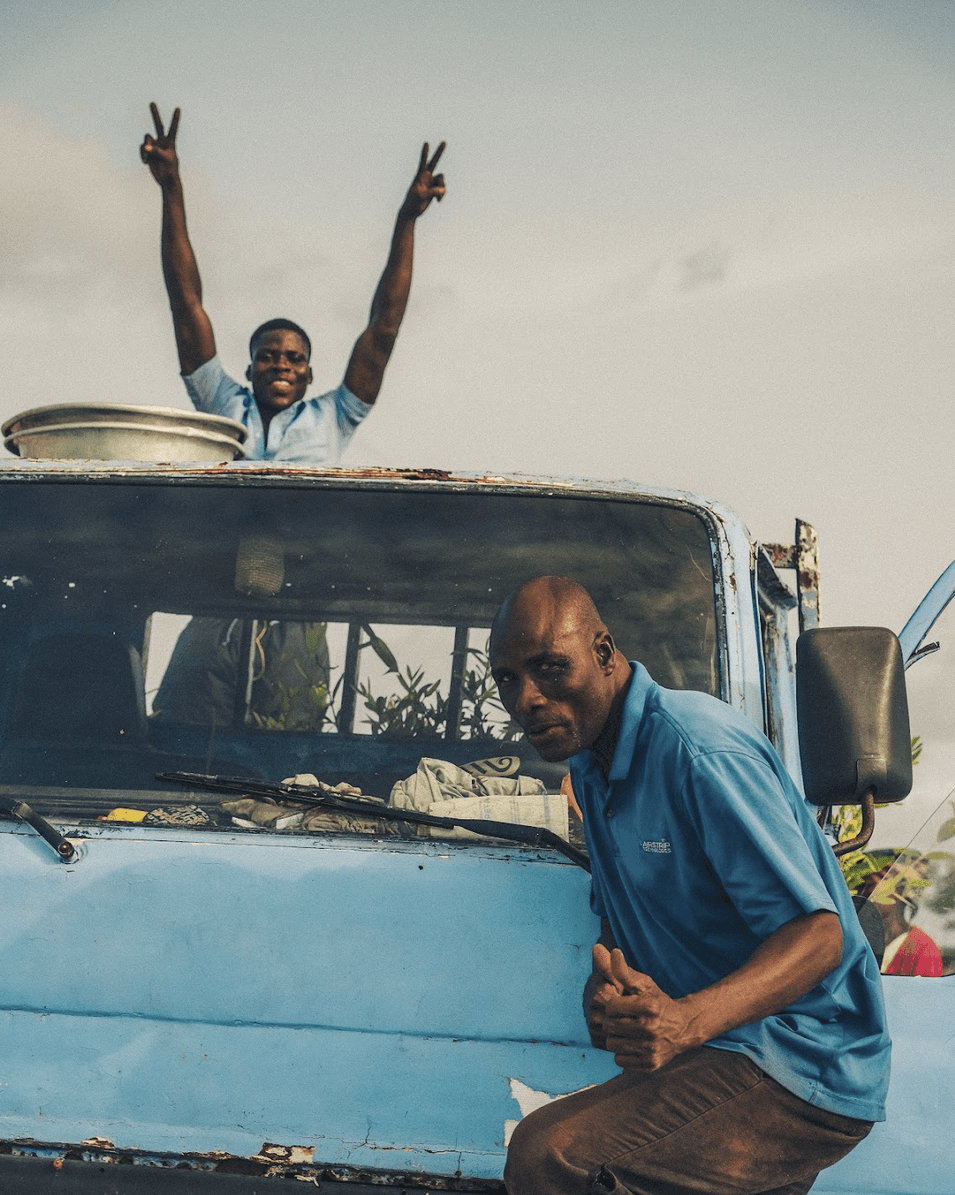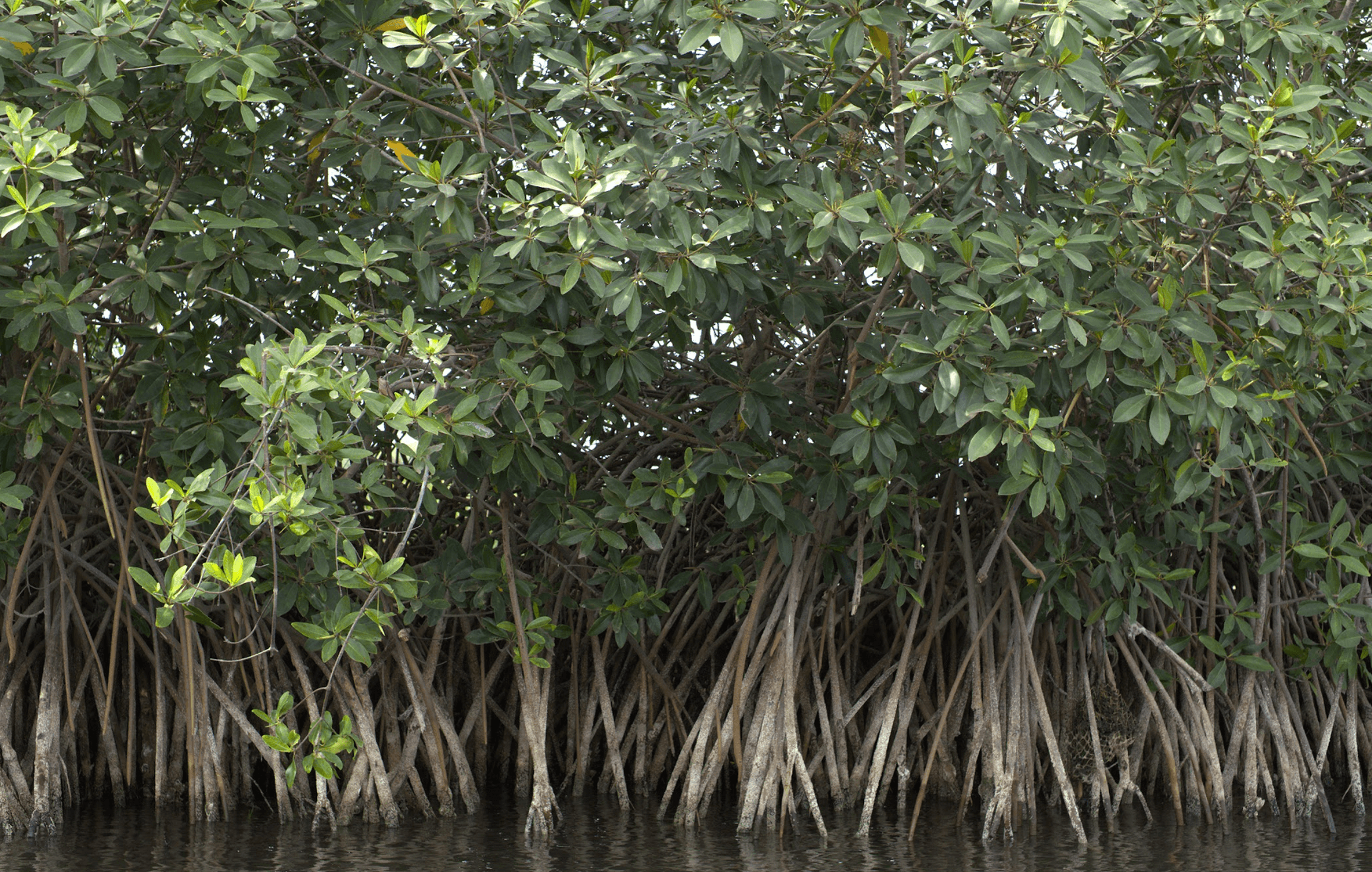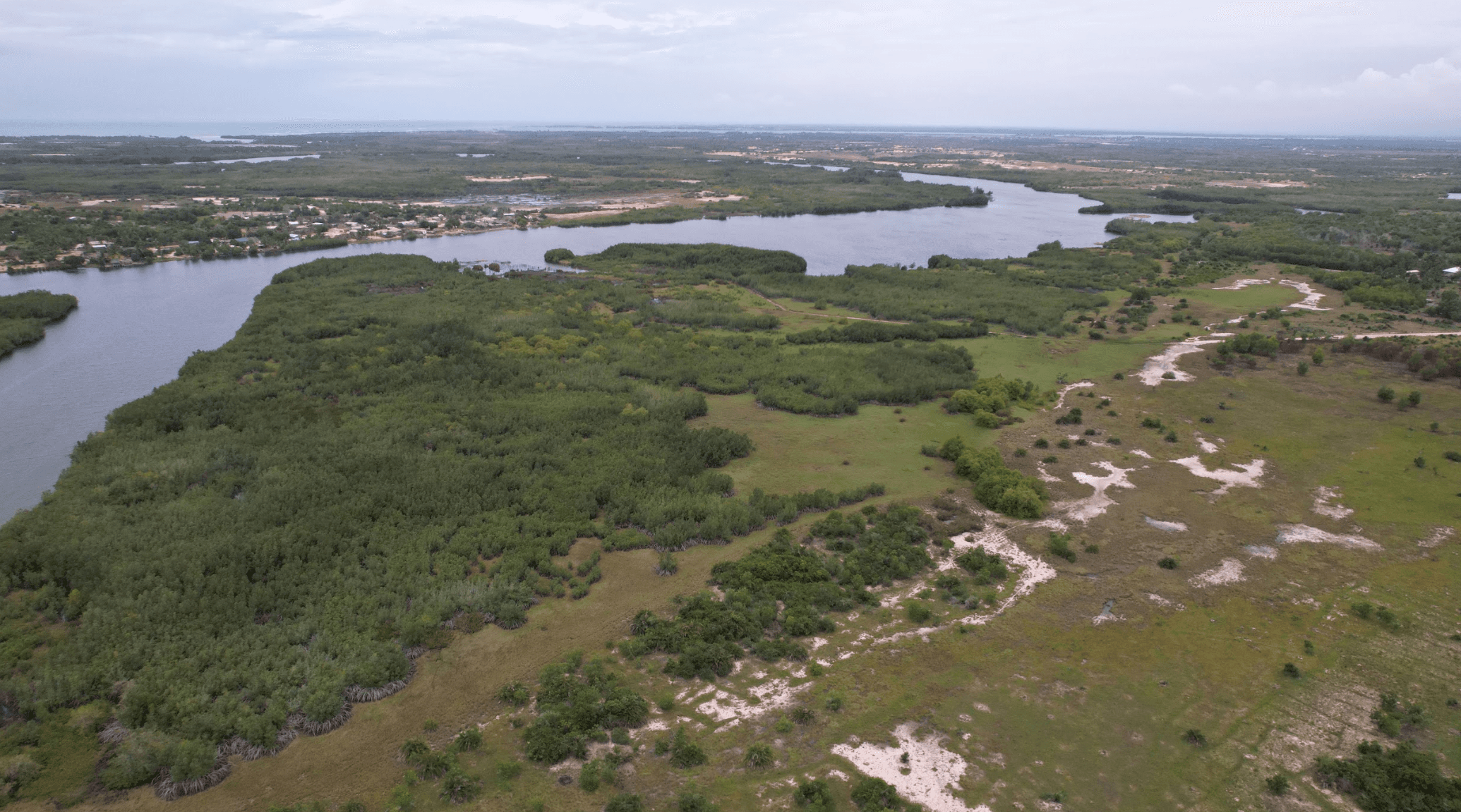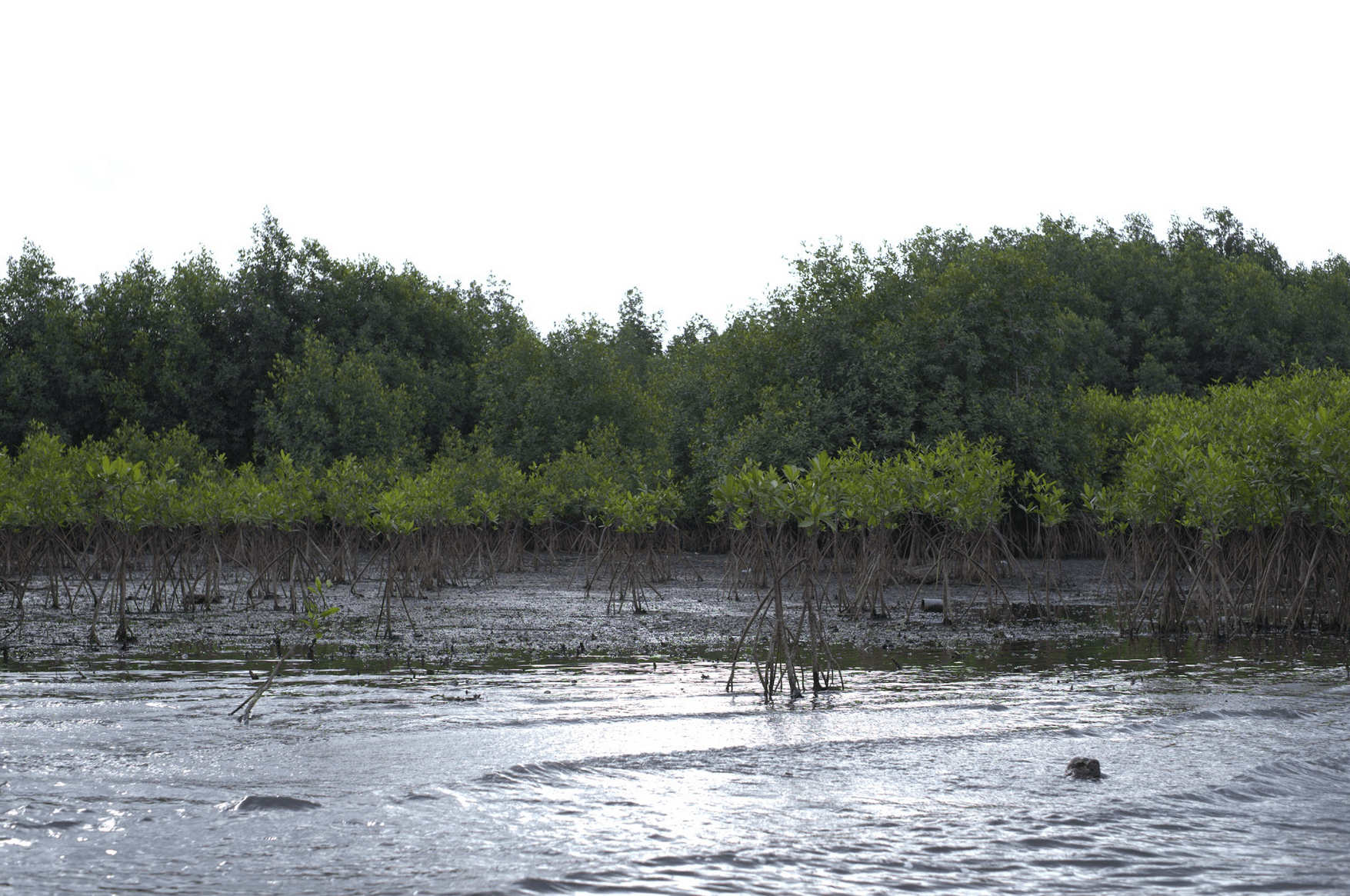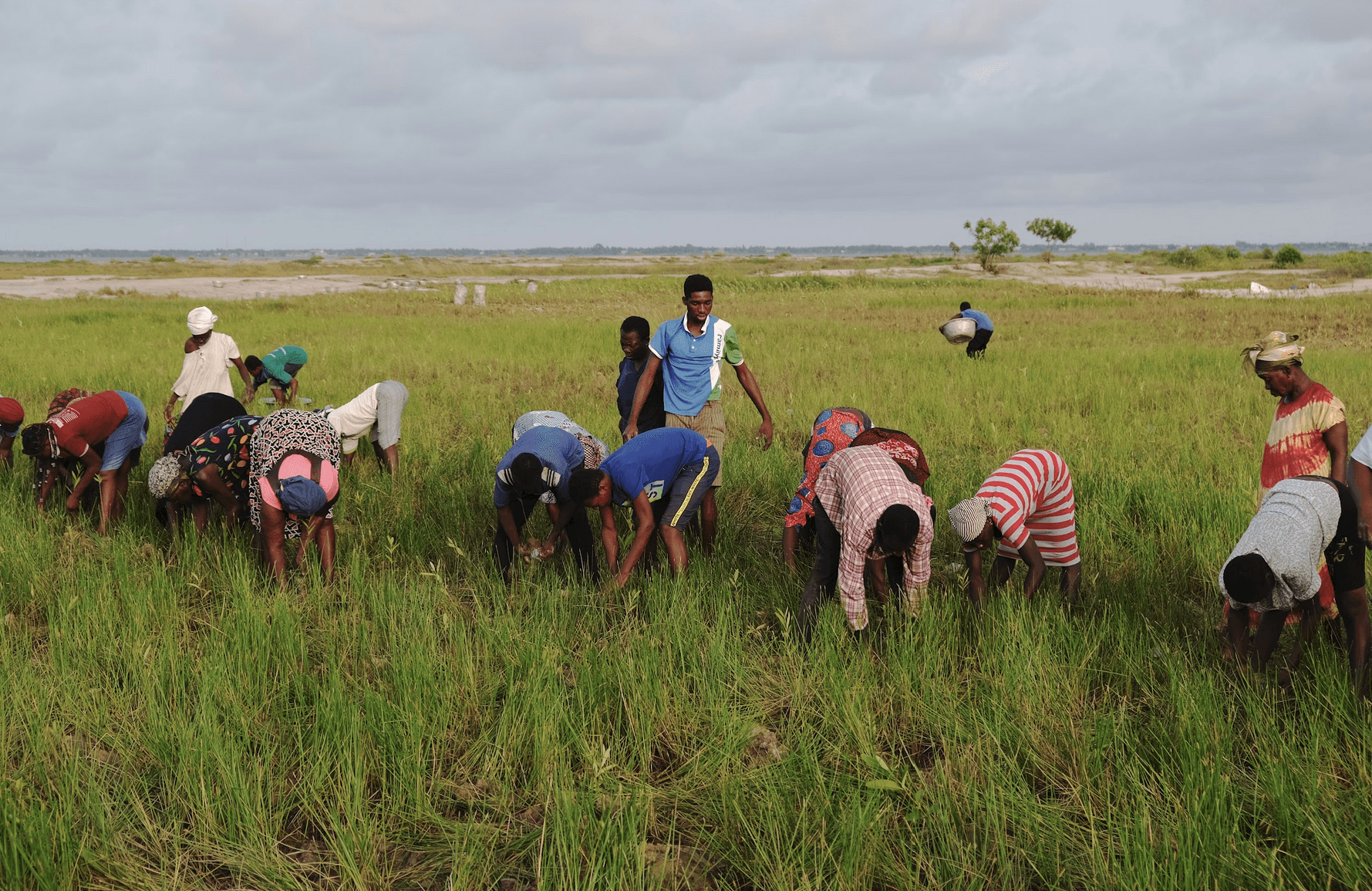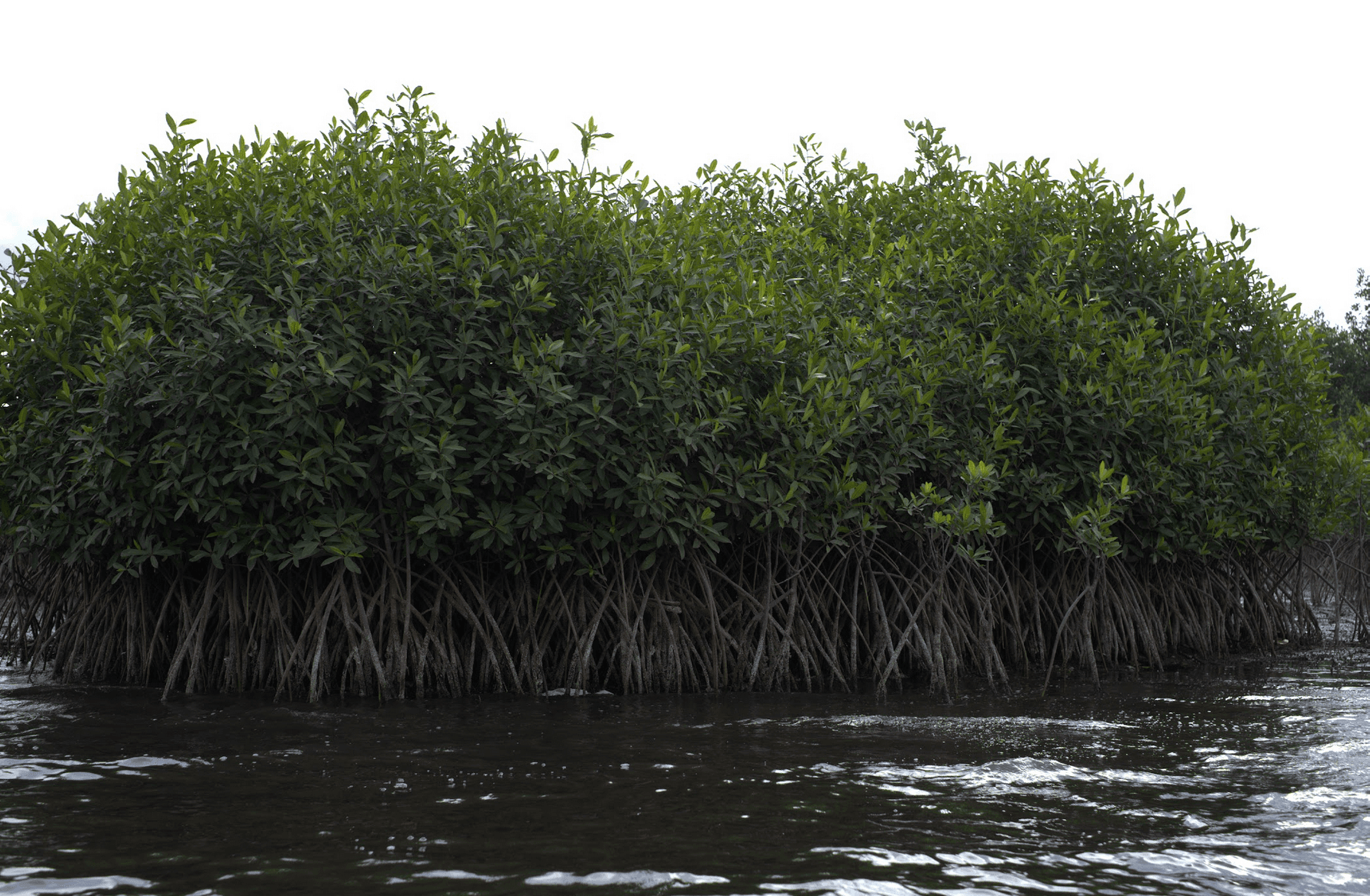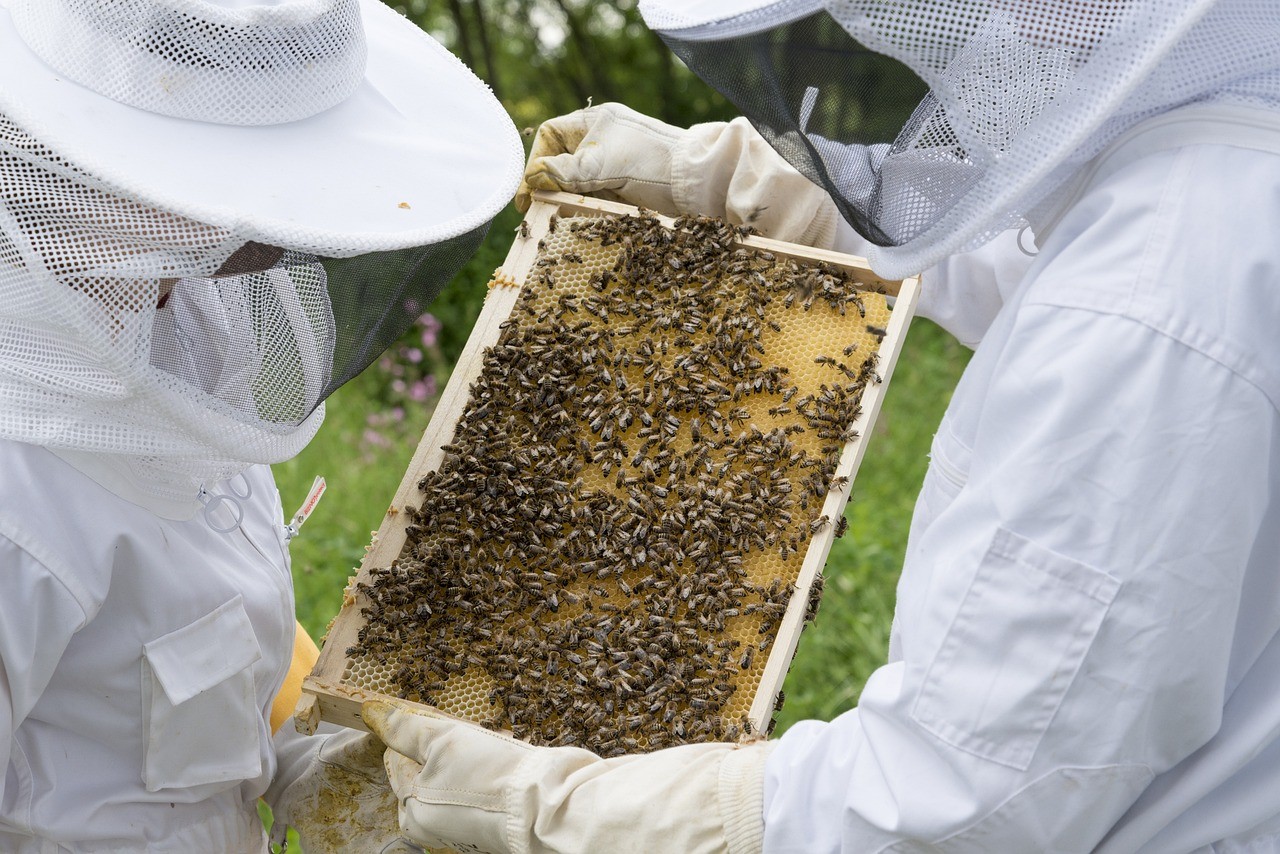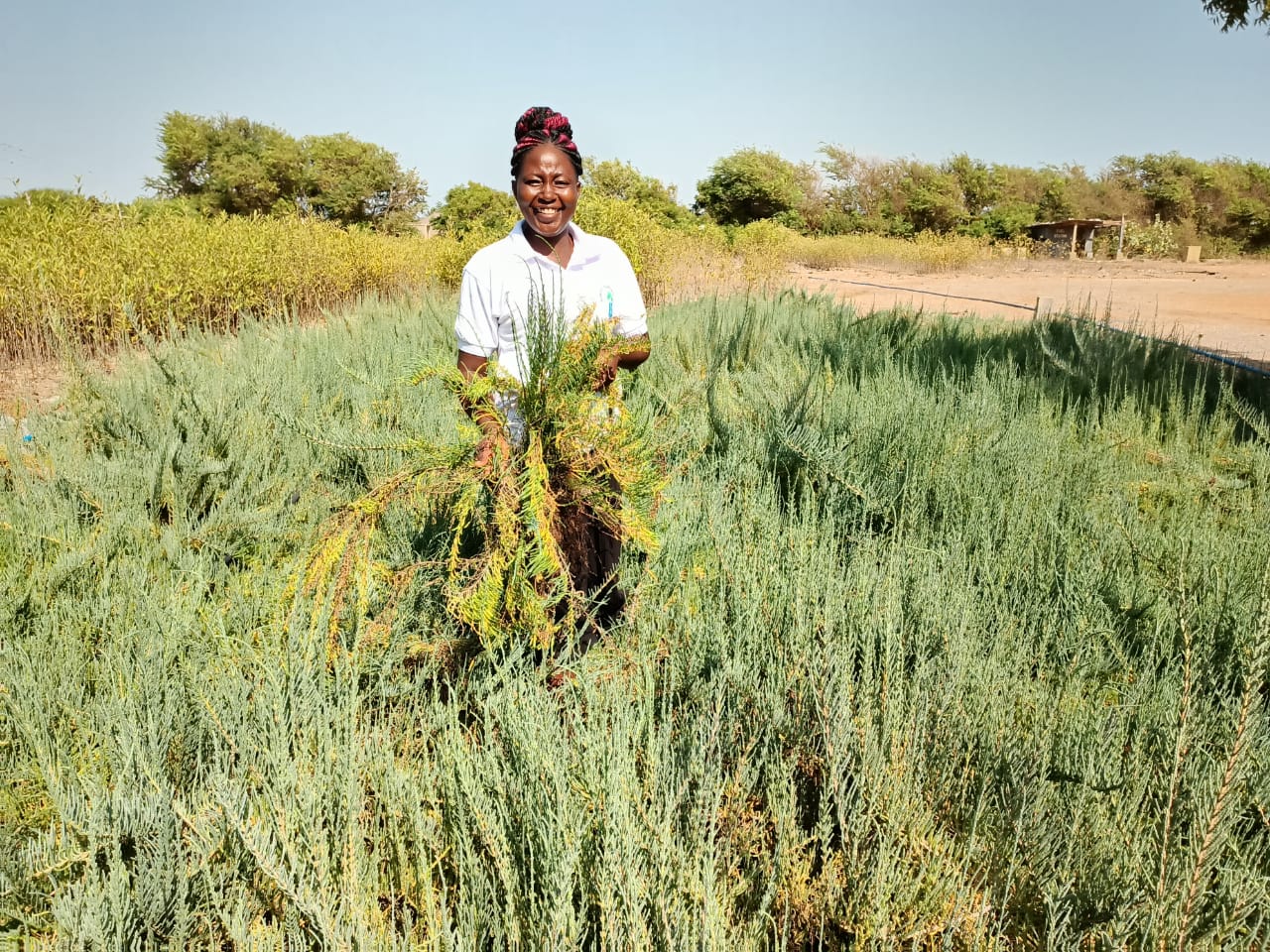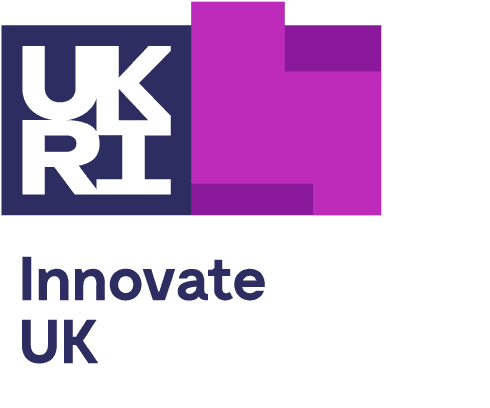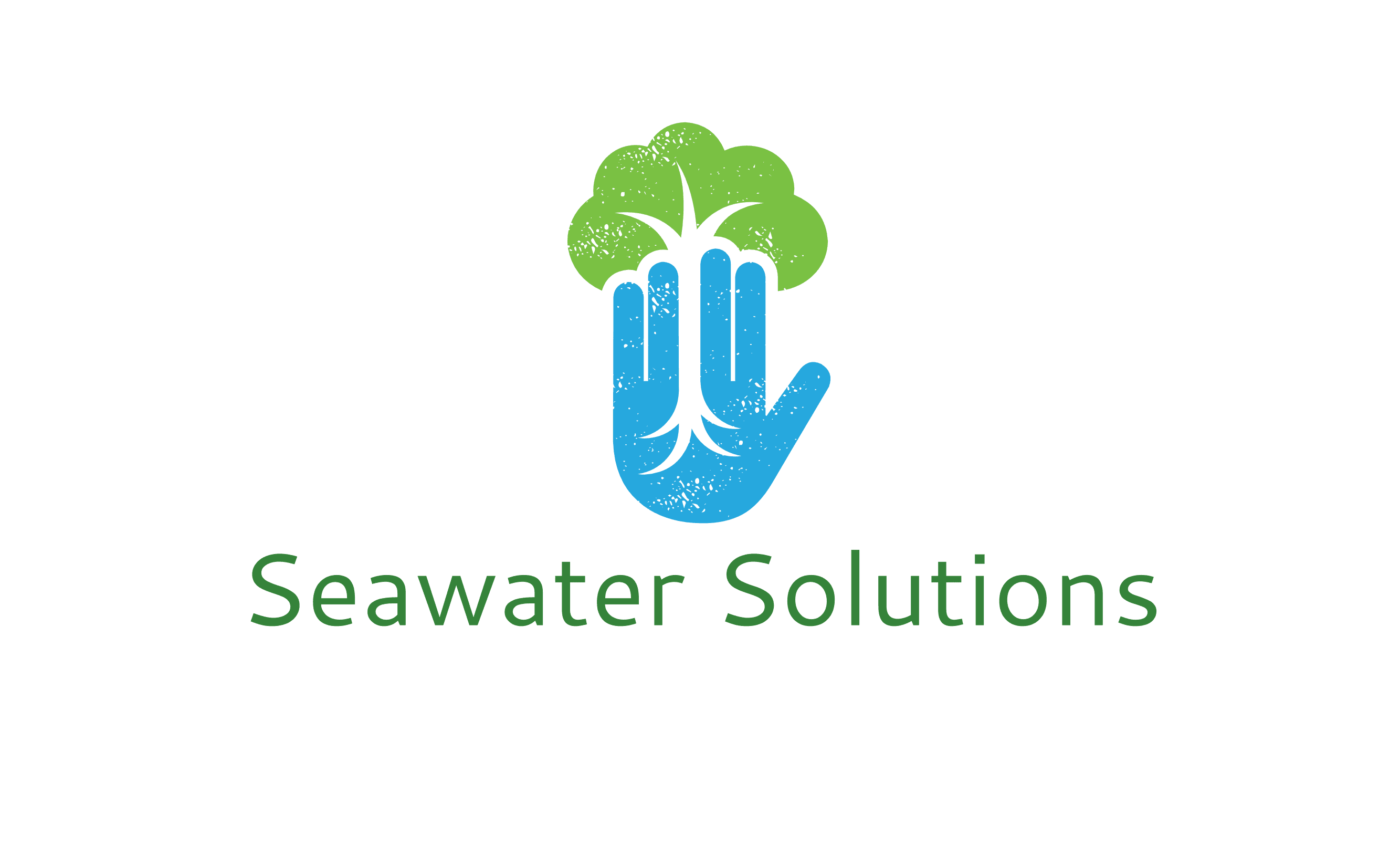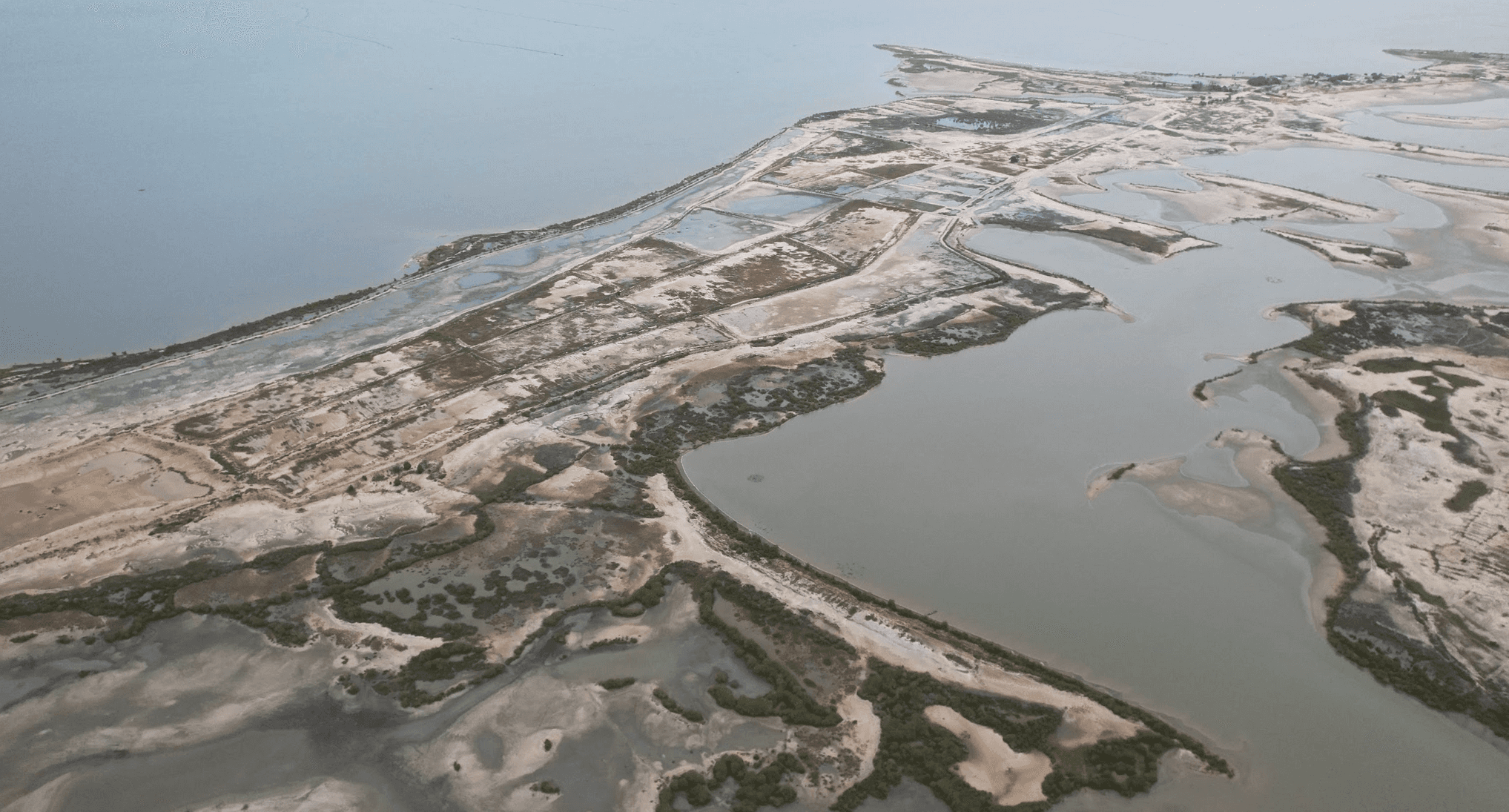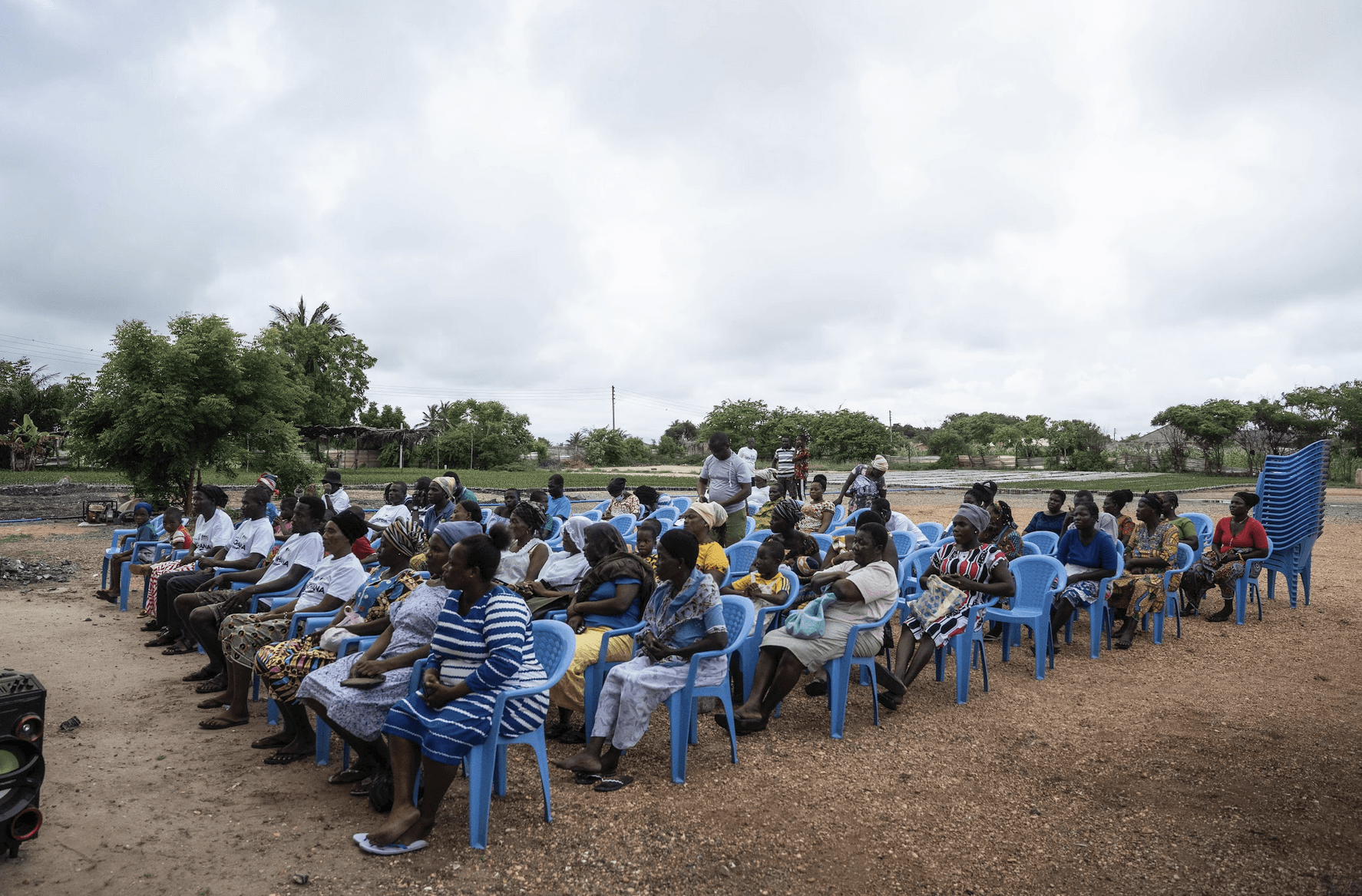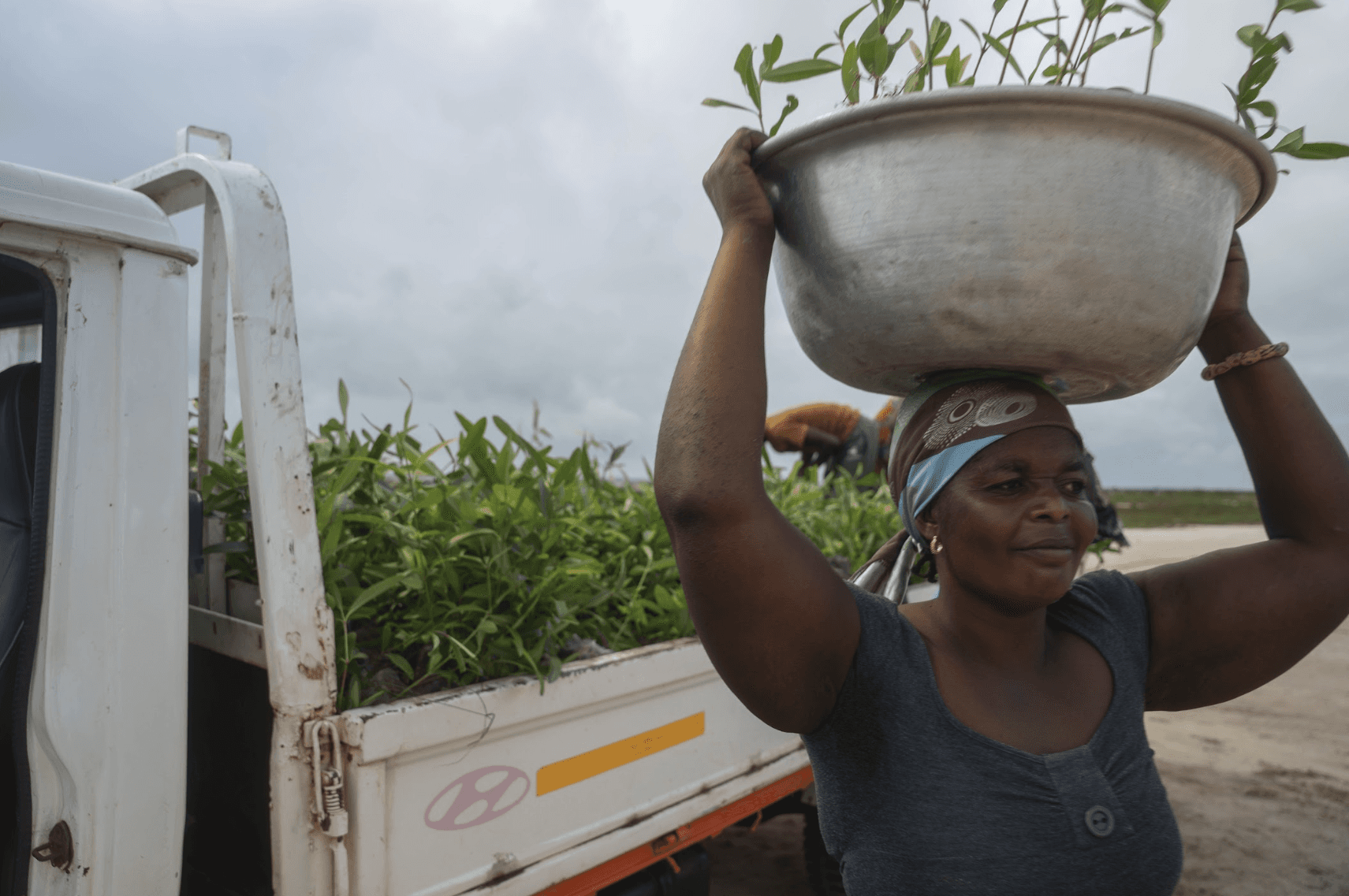Regenerative Development
of Anlo Wetlands
Working with local communities, ReDAW is building Ghana's first blue carbon and integrated blue economy project, both restoring mangrove forests and investing in critical sustainable development projects.
Community focussed
Our project follows strong protocols for community participation, using Verra's Community, Climate & Biodiversity CCB Standard. Community needs and views govern project goals and strategy.
High-quality offsets
Mangroves sequester carbon at high rates and perform essential ecosystem services for marine and terrestrial life. We are reversing decades-long decline of mangrove forests in an internationally important wetland.
Livelihoods driven
We ensure that whole communities secure permanent legal land rights, while providing jobs and investment in forestry, aquaculture, beekeeping, agriculture, and finance for Community Trust Funds.
High-standard Carbon Credits
A Verra Carbon Standard Project
The ReDAW project is registered on the Verra Carbon Standard (VCS) under the VM0033 Methodology for Tidal Wetland and Seagrass Restoration. It will also comply with Verra's Community, Climate and Biodiversity (CCB) Standard.
Rigorous operational standards
Strong community governance
Strong monitoring procedures
Climate Finance for Communities
VCS credits allow us to finance forest restoration, skilled jobs and seasonal labour, and regenerative community aquaculture, apiculture, and agriculture for economic and food security. Community-governed Trust Funds manage community carbon and other revenues.
Strong climate and social benefits
Carbon credits that support development
Community Trust Funds for equitable outcomes
ReDAW is engaged in key partnerships to ensure the project has access to the technical and financial resources required for its long-term success.

